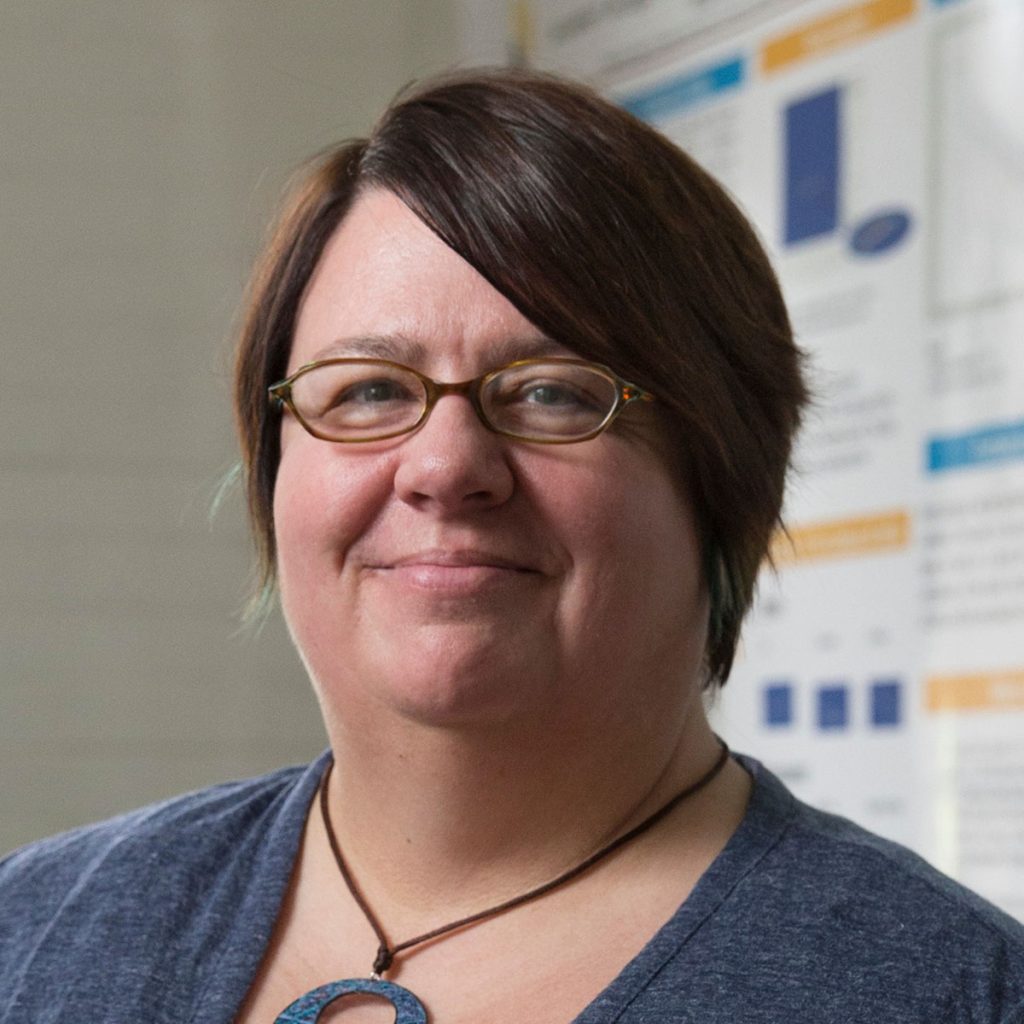 Download High Resolution
Download High Resolution
Katrin Schenk
Associate Professor of Physics
| Credentials: | BS, University of California at Los Angeles MS, Cornell University PhD, Cornell University |
| Associated Departments: | Engineering, Physics |
| Office: | Martin 203 |
| Phone: | 434-947-8489 |
| Email: | kschenk@randolphcollege.edu |
News Headlines
- Summer research examining how satellite constellations affect astronomy
- Students analyzing mouse calls, and training a network to detect them, for summer research project
- Mouse squeaks, and the technology that detects them, subject of Summer Research Project
- Sound check: Summer Research examines natural, acoustic properties of Randolph performance venues
- Fighting Alzheimer’s: Randolph receives grant for Alzheimer’s patient monitoring research
- Davis contributes coding skills to ongoing Alzheimer’s patient monitoring research
- Robots take over Main Hall during coding camp
- “Tech cats” code at Randolph
- Students doing more than just squeaking by in Summer Research
- Randolph professor featured on NPR
Katrin has a PhD in theoretical physics from Cornell University and now does computational neuroscience/ethology research. She received her training in computational neuroscience during her tenure as a Sloan-Swartz Postdoctoral Fellow in Computational Neuroscience at the University of California, San Francisco.
Her research is focused on understanding the underlying dynamics of animal behavior and how knowledge of these dynamics can inform us about the effects of disease processes and environmental and/or genetic perturbations. Her research makes use of real behavioral data taken by collaborators in the fields of psychiatry, physiology, neurology, neuroscience and medicine and her main plans involve long term collaborations with experimentalists in the fields of geriatrics, psychiatry, and physiology.
She came to Randolph College because she is passionate about involving undergraduates in original research and because Randolph College’s high faculty to student ratio, flexible administration, and committed science faculty make it an ideal environment for fostering collaborations with undergraduates.